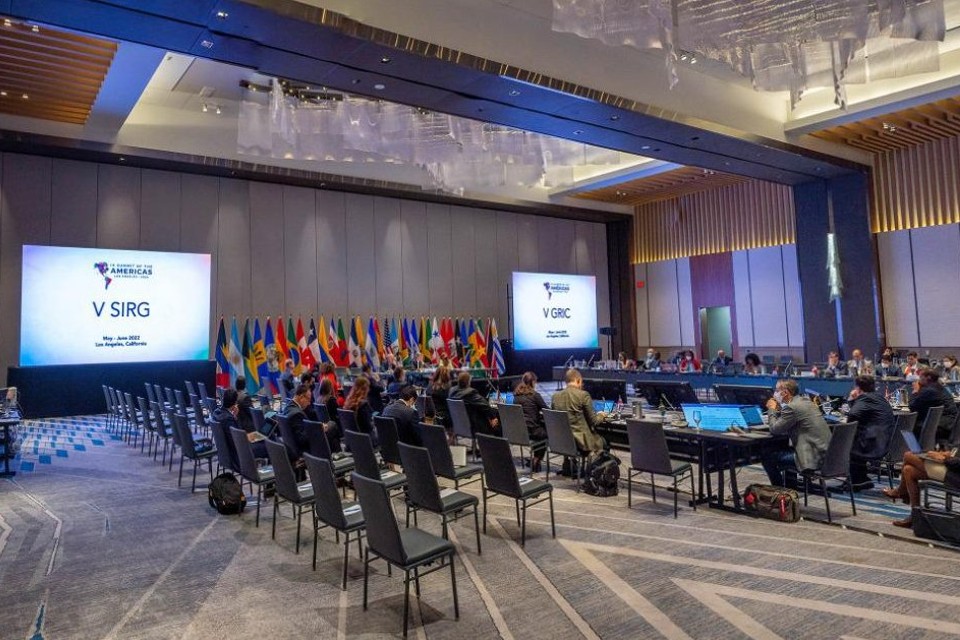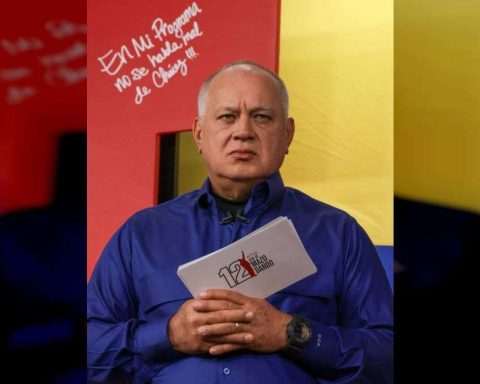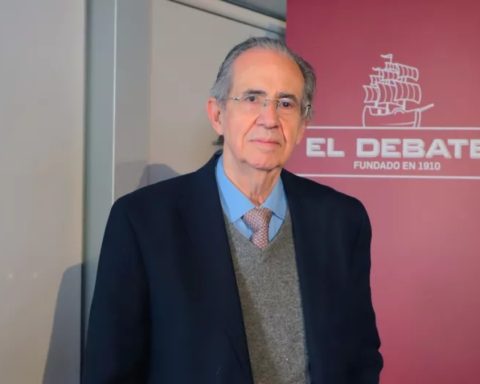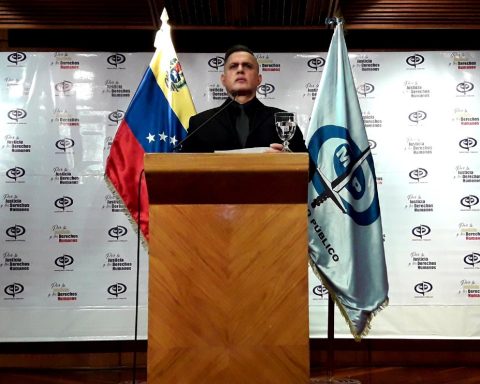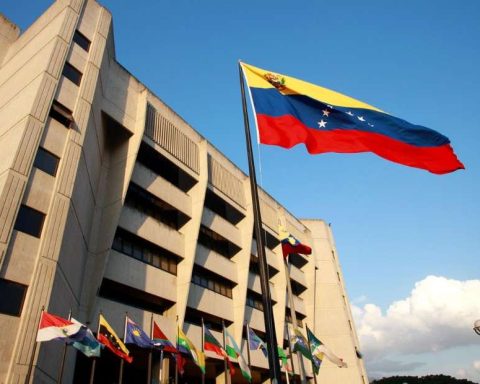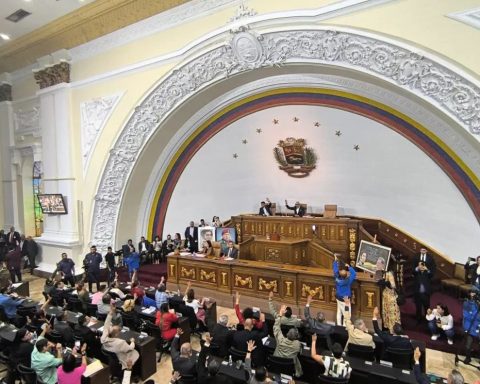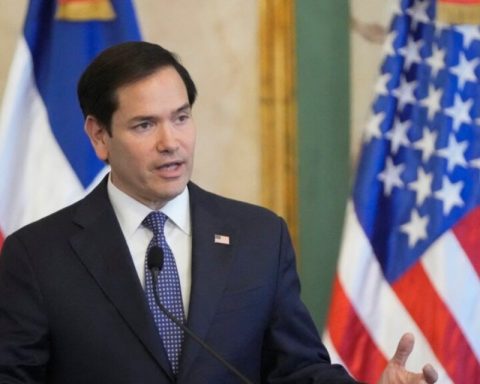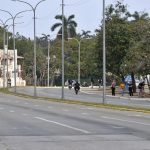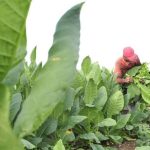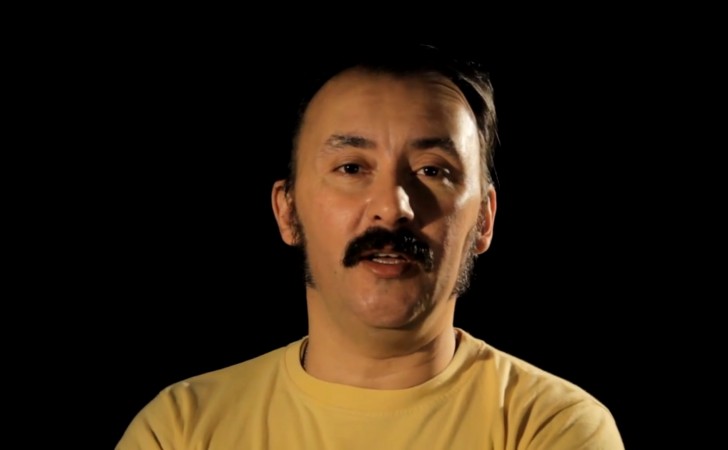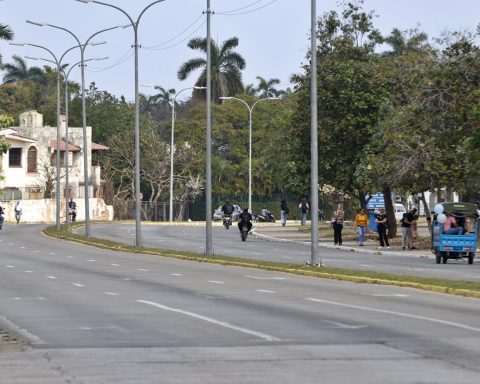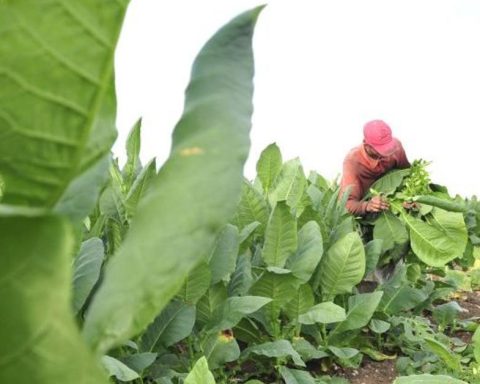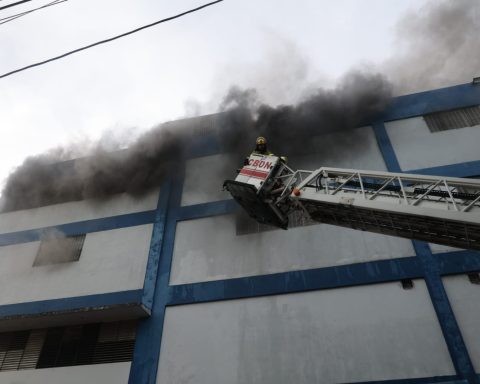A group of academics will present in Los Angeles the proposal for the solution of shared problems, such as poverty, migration and democracy
A program called “Routes for a renewed agenda” will be presented at the Summit of the Americas, to be held in the city of Los Angeles, with the aim of breaking the deadlock in the relationship between the US and Venezuela.
In one of the worst moments in the relationship between Latin America and the Caribbean and the United States, in a world context dominated by uncertainties, by the pandemic, Russia’s invasion of Ukraine and the slowdown in the global economy, the academics listed proposals to improve this scenario and the well-being of the population.
Academics Juan Gabriel Tokatlián, from the Universidad Torcuarto Di Tella, in Argentina, Jean Marie Chenau, from the Universidad de Los Andes, in Colombia, and Guadalupe González, from the Colegio de México, propose, together with a large team of specialists involved in the project, fifteen ‘routes’ for a new regional agenda.
The ‘Routes for a renewed agenda’ emerged after a series of meetings with representatives of civil society, academics, diplomats and other sectors. The fifteen routes are part of the extensive 42-page report called ‘The Americas in adverse times: in search of a renewed agenda’, which will be presented at the Los Angeles summit, which begins on Monday, June 6.
Also read: The Summit of the Americas in the labyrinth of Latin American integration
The proposal proposes to reduce entrenched socioeconomic inequalities
The number one ‘route’ of the agenda proposed by academics and that will be presented during the Summit in the United States aims to “reduce entrenched socioeconomic inequalities, eradicate poverty, expand rights for all and universal access to basic services” . Analysts note how the social situation has worsened even more in the hemisphere, after the coronavirus pandemic and that the challenges, the problems, are, in the end, shared among all the countries of the continent.
‘The social agenda must be the focus and the compass that guides and gives strategic meaning to dialogue and collective action in the Americas and it is time to focus attention on policies agreed upon at the intergovernmental and intersocial level’ to combat exclusion, they say in The document.
According to Tokatlián, vice-chancellor of Di Tella University, more than ever, civil society must be more listened to so that the decisions of governments and institutions are connected with the real needs of the populations.
“Latin America, from civil society, has an agenda for a mature and serious conversation with the United States,” said Tokatlián. For him, governments, their entities and institutions are as relevant as social movements, NGOs, grassroots organizations, and actors from the trade union and business world. All, reinforces the academic, are today “equally essential for economic growth, social welfare, political coexistence.”
Improve forms of representation and political participation
Analysts working on the project, a Ford Foundation initiative, note that democracy will be a central theme at the Summit of the Americas. “It is necessary to improve and expand the forms of representation and political participation through the promotion of democratic practices so that the institutions clearly reflect the new citizen demands,” says the document. The text recalls that mobilizations are currently dynamic in our region. “There is a mobilized, dynamic and demanding citizenry that demands more and better participation,” they wrote.
The current context unites the hemisphere in other challenges such as arms trafficking, “failed” strategies to combat insecurity and the need to also debate this issue, in addition to the growing concern with migration. “Migration is a pending issue that cannot wait,” says the document. The proposals of the academics to this situation that involves thousands of citizens are: “It is necessary to open channels of regularization, refuge and asylum, in addition to investing many more resources for the development of the communities of origin.” Another essential point is the issue of human rights.
For scholars it is “urgent” to strengthen the defense mechanisms of human rights through existing institutions. “The Inter-American Commission and Court of Human Rights play a central role in reversing the deterioration of the situation and require unconditional support and the necessary resources to function. A sign of credibility of the commitment of the United States would be its ratification of the inter-American instruments on human rights”, says the document, an important contribution from the academic world to the discussion of how to rebuild the relationship between the US and the region.
In the opinion of scholars, dialogue is essential for joint measures to be implemented. In the document, they alert to the fact that even today there is no inter-American model of cooperation for equity, inclusion and humanitarian attention, “robust, concerted, impartial and aligned with the 2030 agenda” of the United Nations.
Academics draw attention to the need to develop this plan, and that it be funded. They understand that it is time, for example, to “recapitalize the Inter-American Development Bank” and return to the founding agreement that its leadership be Latin American and Caribbean “for a better balance between donor and recipient countries.”
With this informal proposal, as the academics from Argentina, Colombia and Mexico observed, the aim is to alert to the shared problems in the region and bring to the Summit a plural proposal that was born from the talks that lasted months with the different sectors of the society. “In the midst of the absence of constructive proposals, it is a report that contains assertive proposals that call for a more horizontal deliberation between Latin America and the United States.”
Also read: The US continues to recognize Guaidó but rules out inviting him to the Summit of the Americas
Post Views:
658
